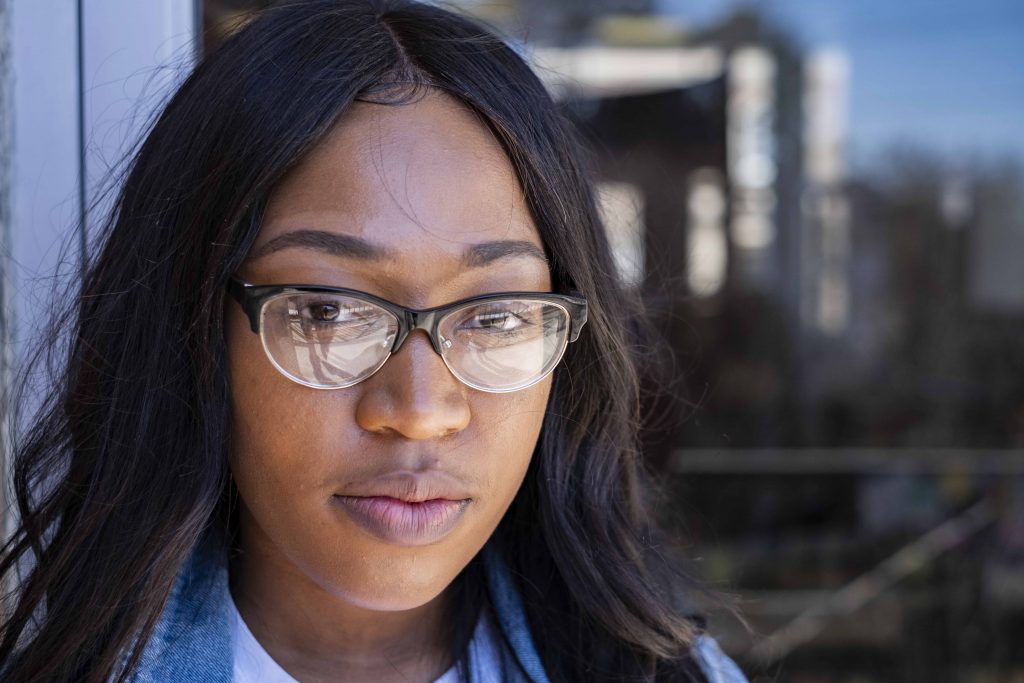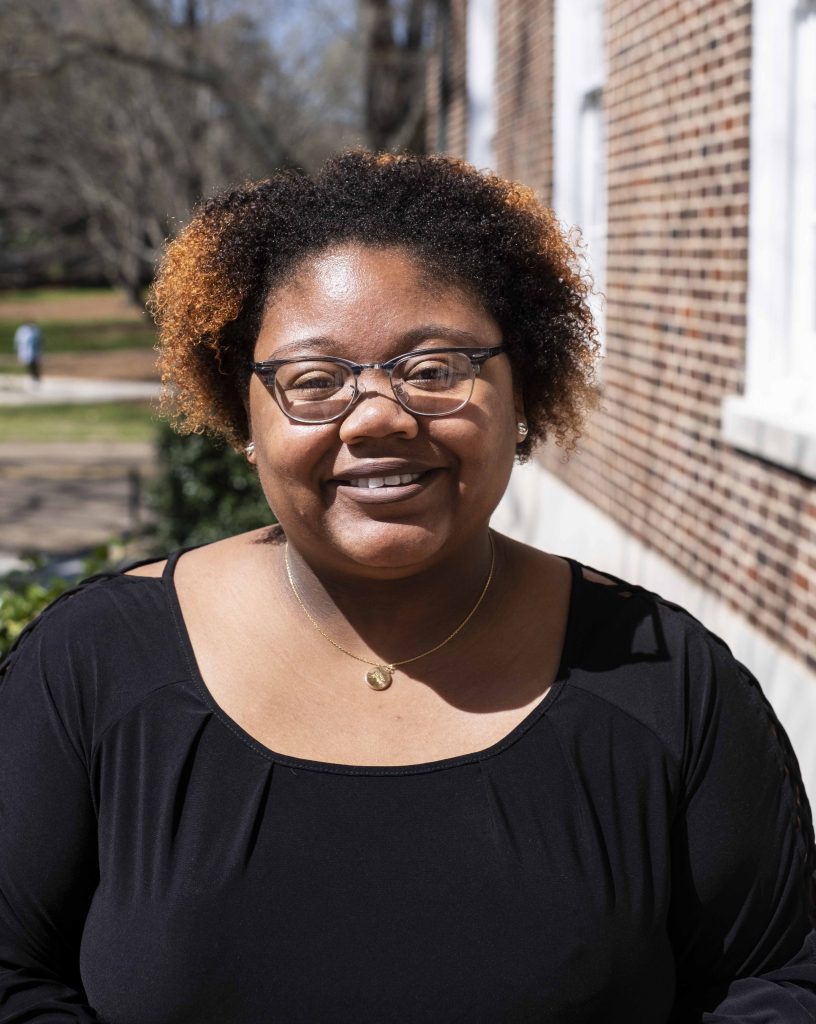Editor’s Note: This article incorrectly stated the year that the university’s journalism department became the Meek School of Journalism and New Media. The school was formed in 2009, not 2007.
Thanks to a $5.3 million gift from Ole Miss alumni Ed and Becky Meek, who received their degrees from the university in the 1960s, the university’s journalism department became the Meek School of Journalism and New Media in 2009. Meek’s controversial post from last semester led to a speedy response by the School of Journalism and New Media as well as from many students questioning what they should do next.
Some students weighed the decision of whether to stay in or leave the School of Journalism and New Media after Meek’s post and the school’s response.
Carl Tart, who studied integrated marketing communication at the then-Meek School, considered Meek’s online comments when he decided to change his major to exercise science. Though he said the decision had a lot to do with following his passion, he said he attributed about 40% of the decision to Meek’s comments.
“I was greatly influenced by the actions of Ed Meek and his inability to see how his words were racially targeting,” Tart said. “I cannot believe I was about to get a degree from someone that made comments like this and his name would be on my degree.”

Meek made other disparaging comments on Facebook in 2017, denouncing the university for allowing Wiz Khalifa to perform on campus. At the time, some condemned Meek’s comments about the concert for being racially biased.
“Ed Meek’s comments the first time did not sit well with me,” Tart said, adding that Meek’s second post, which led to his disassociation from the school, was much worse. “He was attacking, basically cyberbullying, two students that are trying to get a degree and make an honest living.”
Other students, upon seeing the school’s swift reaction to the post, decided to stay in the school.
Janae Hudson, a sophomore journalism and African American studies double major, said it would have been easy to walk to Ventress Hall and change her major.
“I decided to stick with it because I saw how well the university and the school handled the situation,” she said. “Plus, plenty of people felt the same way that I did — that the post was disrespectful, sexist, racist and all of those things, and if the university and the school had not handled it as well as they did, I’m pretty sure that I would have changed my major.”
Hudson said the most important part of the university’s response was that it listened to students first, and she was impressed with the forums offered to students and the general public within days of the post.
There were also conversations in her classes that allowed her to share her experiences and the way she felt about the situation as a black woman.
Hudson was not always so impressed. She had second thoughts when deciding to go to the University of Mississippi and was asked by those around her why she would consider coming to Oxford. She was told that “they don’t really care for people like you.”
She decided to enroll in the university because she liked the journalism school and was offered scholarships. Coming from a community that was mostly black, she also said that she believed the experience would enrich her and broaden her “appreciation for her culture.”
After seeing the school’s rapid response to Meek’s post — the school distanced itself from Meek almost immediately — she felt justified in her choice, she said.
Jyesha Johnson had similar doubts before committing to the university. She came from Indianola, which is de facto segregated, especially when it comes to schools, she said. This environment affected the way she saw the posts from Meek and the reactions to it.
“It kind of hit home this time,” Johnson said.
She also went out that night and was wearing a black dress, like Jordan. Johnson looked closely at the post to make sure she wasn’t seeing herself on the screen.
“I can only imagine the embarrassment that comes with it,” she said.

Because she was a senior at the time, she had no choice but to stay, she said, adding that she probably would not have enrolled at the university if Meek posted the photo of the students before her freshman year.
When the post went up, Johnson was a Meek Ambassador for the Meek School of Journalism and New Media. If the school had not acted swiftly to take the name down, she said “it would have been too much” to continue in the position.
After the post, she and a friend talked about the consequences of leaving. Her friend, who was also from Indianola, thought about going to the University of Southern Mississippi during freshman year, but she never transferred.
Johnson talked to Ki’yona Crawford, who was in one of the photos Meek posted and who is also from Indianola, about leaving the university over the post. They both decided to stay.
Some students hope the removal of Meek’s name will continue to motivate more change across campus. Following student protests and ASB Senate, Senate of the Faculty, Staff Council and Graduate Student Council Senate votes to recommend the Confederate monument in the Circle be relocated to the Confederate cemetery, the university has recommended the same proposal to the IHL.
“As a freshman I was like, ‘This thing is never going to come down, I’m going to have to walk by it for four years,’” Hudson said of the monument. “I feel like the university is taking this in the right direction. I feel like it will get moved. Hopefully while I’m here — I would love to see that happen — but I don’t know.”
Tart also maintained an optimistic outlook on the future of the university.
“I feel like there is still much work to be done at the university,” he said. “But it’s going to get done.”






